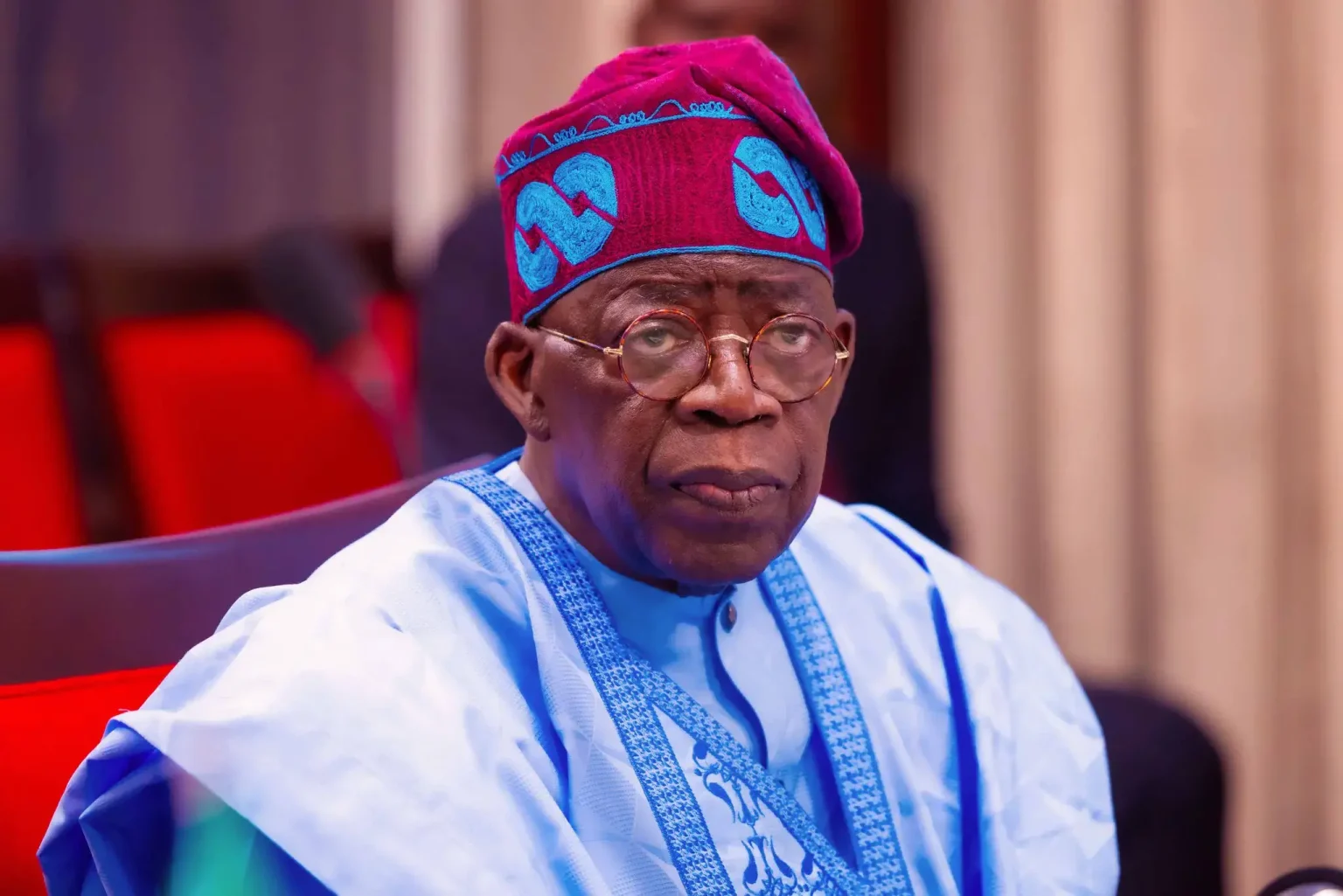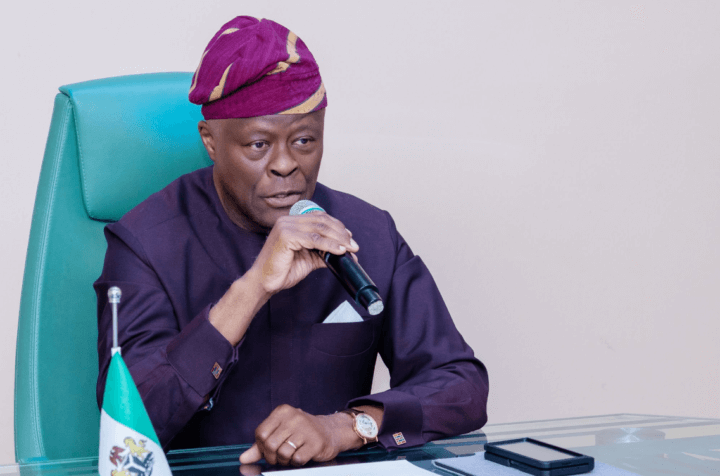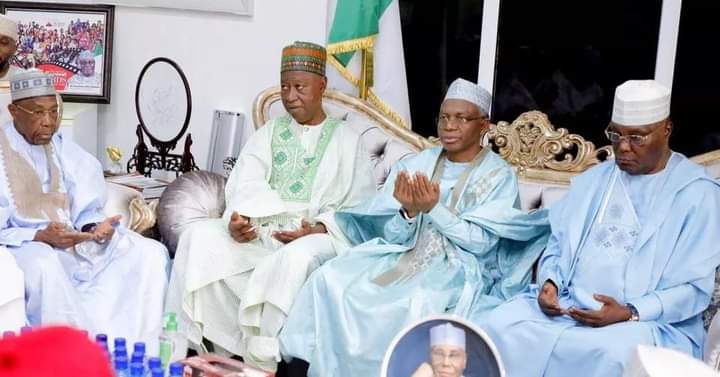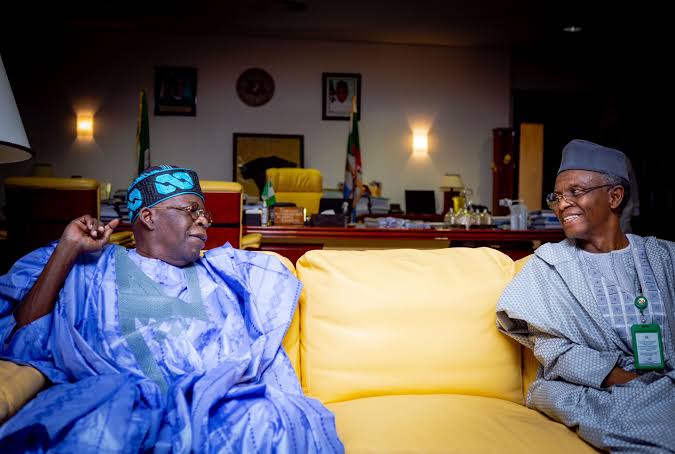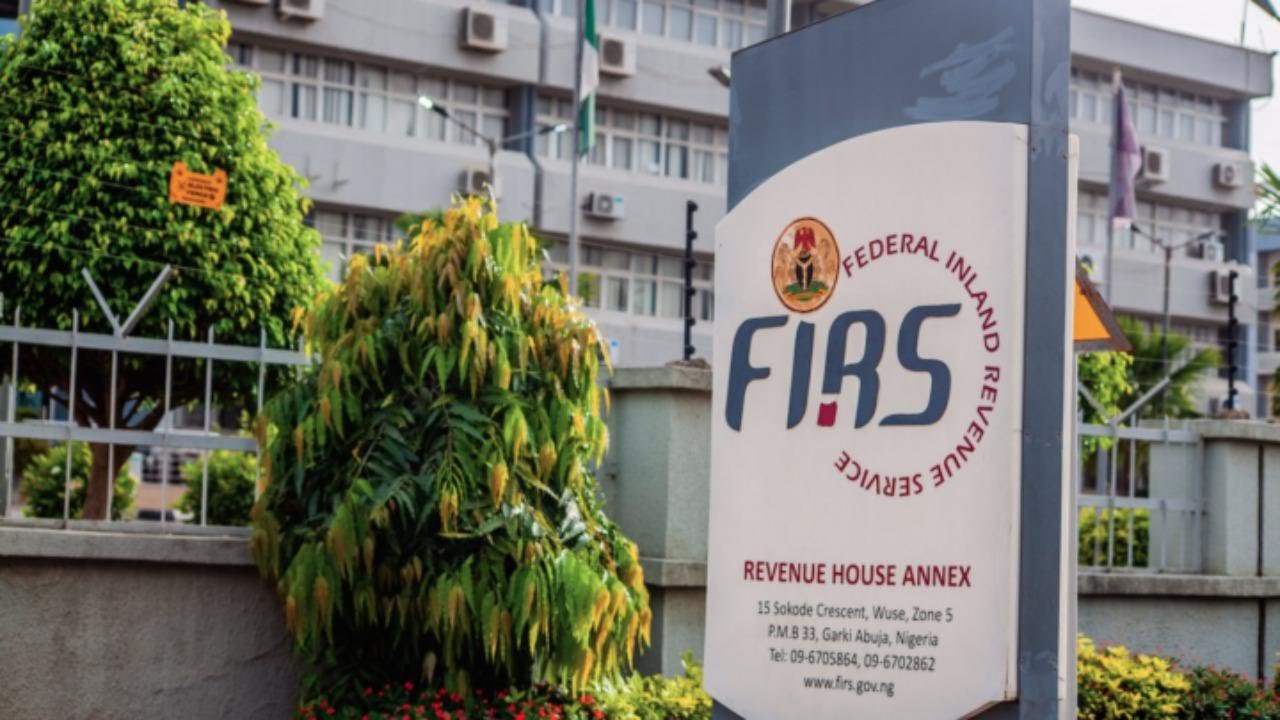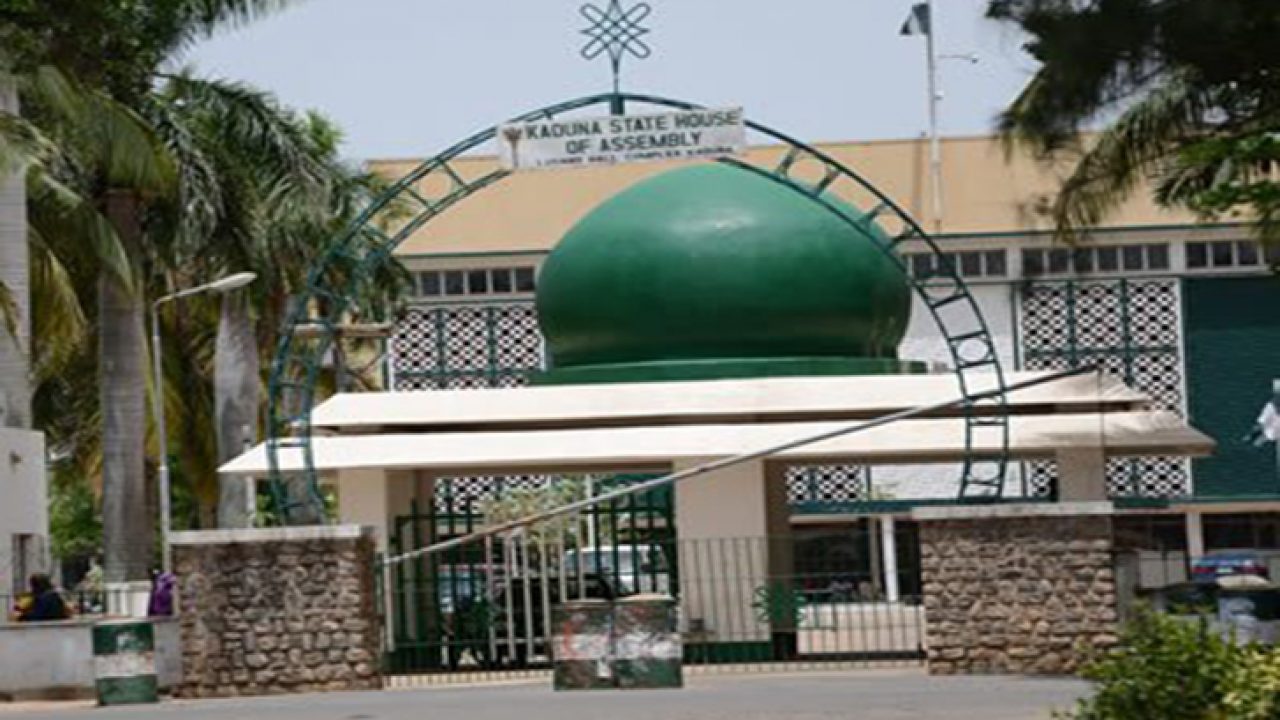News
El-Rufai: Nigeria Not Collecting Enough Tax Revenue As It Should

NOVEMBER 6, 2020
- Despite the fact that Nigeria’s current fiscal federalism framework allows states (and local governments) to collect many taxes, levies and fees, the total internally generated revenues by states are currently less than one percent of GDP.
Kaduna State Governor, Nasir El-Rufai has lamented that Nigeria is not collecting as much public revenue as it can. He says that there is still much potential for growing Value Added Tax (VAT) and independent revenues of the Federal Government than what is being collected presently.
El-Rufai made this assertion in a keynote address he delivered at the 22nd Annual Tax Conference of the Chartered Institute of Taxation of Nigeria (CITN), held in Lagos on Thursday, with the theme: ” Taxation and Economic Competitiveness: Imperatives for National Development – a Nigerian Subnational Perspective”.
The governor who noted that there is considerable resistance to the hike in VAT from 5 percent to 7.5 percent, says Nigeria’s rates are still much lower than other neighboring countries.
This low rate of internal revenue collection according to him, depresses public finances, hampers the ability to deliver social goods, services and physical infrastructure. In addition, he opines that the low IGR in turn limits competitiveness, shrinking the ability to promote the sort of enabling environment and economic dynamism that can create jobs, expand public revenues and improve public welfare.
He also said that leakages in the tax system constitute a significant drain on government collection and utilization of revenue, adding that leakages may occur at the stage of revenue generation at the stage of assessment, where taxpayers are either not assessed at all or where the assessment is incorrectly done; at the stage of collection, where government revenue is not fully collected or where collection is not fully accounted for. or at the stage of utilization, where revenue collected is not accounted for adequately, or where allocated and disbursed, it is not prudently spent.
Read also: No plan to increase VAT, others – FG
“With national tax revenues (oil and non-oil) still less than 7 percent of GDP, Nigeria is way behind the average of comparator nations of about 20% of GDP. As the world goes green, and crude oil loses its primacy as a leading source of energy, Nigeria must look inwards and compel every adult to pay tax as part of our citizenship obligation.
“In light of the situation that we are, we have very few options other than develop our capacity to collect to broaden the tax net, assess and collect taxes from individuals and companies to levels of our comparator nations – at least 20% of GDP within the shortest possible timeframe. As political leaders and tax professionals, we must put our collective heads together to ensure this national objective is achieved as soon as possible”.
The Kaduna state Governor also said that only a minority of Nigerians pay income tax, especially those whose taxes are deducted at source – including the formal sector employees, public servants and the like, lamenting that Voluntary compliance with the obligation to pay income tax remains a major challenge in the country.
He listed Lagos and Edo as having done relatively well in terms of tax revenue mobilization at the subnational level, stating that the overall picture is even less encouraging than at the national level.
El-Rufai, however, stressed the need for tax design in a developing country such as Nigeria to consider supportive strong institutions, particularly by government building fiscal capacity across its economic and political institutions.
Advertise or Publish a Story on EkoHot Blog:
Kindly contact us at [email protected]. Breaking stories should be sent to the above email and substantiated with pictorial evidence.
Citizen journalists will receive a token as data incentive.
Call or Whatsapp: 0803 561 7233, 0703 414 5611


